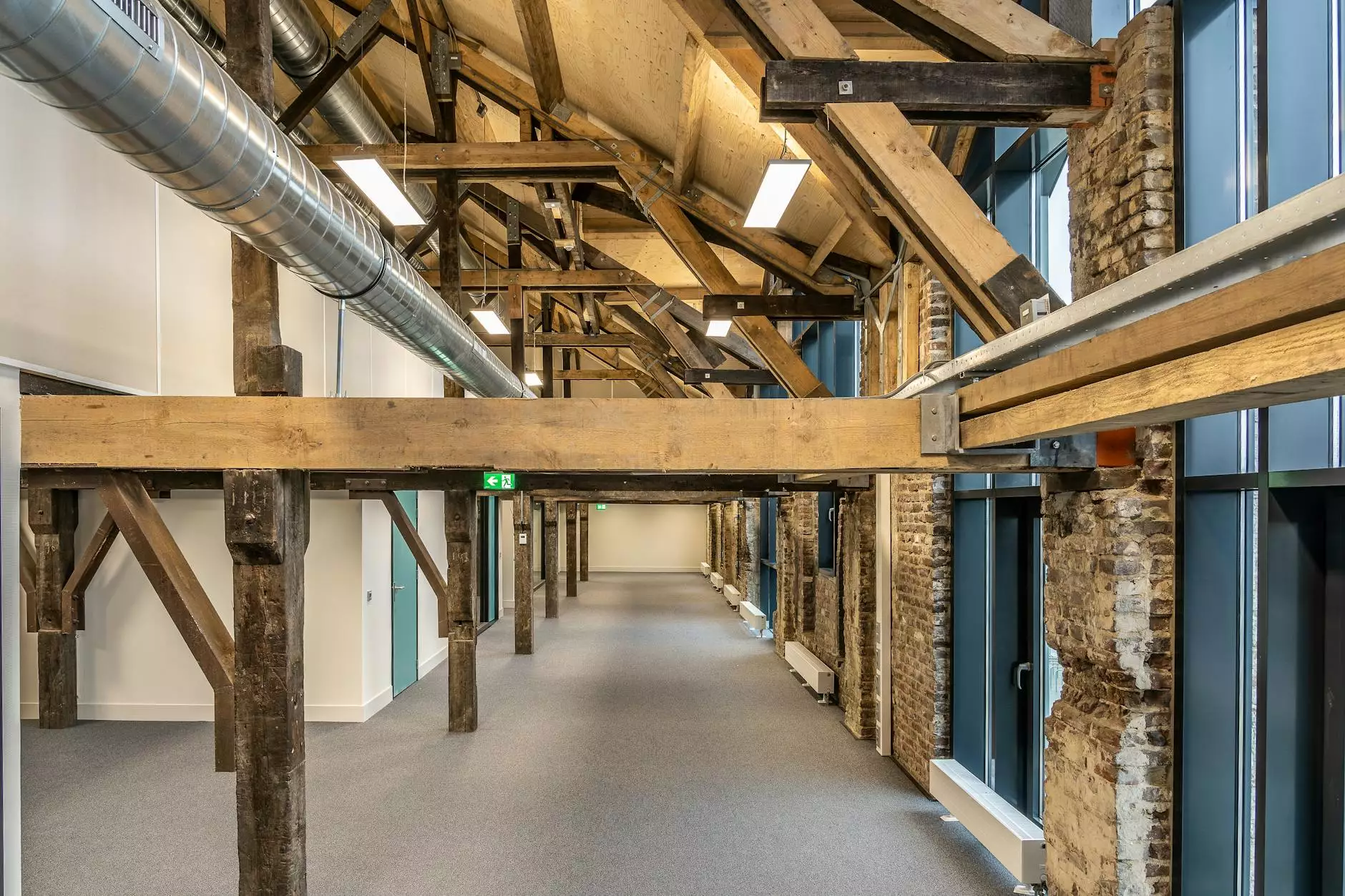Understanding the Influence of HR 13690 on Home & Garden Businesses

In the ever-evolving landscape of business regulations, one cannot understate the importance of legislative measures like HR 13690. This bill, primarily targeting various economic sectors, offers substantial implications for businesses within the Home & Garden, Furniture Stores, and Home Decor categories. In this article, we will delve into the specifics of HR 13690, its relevance to contemporary businesses, and how it can create both challenges and opportunities.
What is HR 13690?
HR 13690 is a proposed piece of legislation that seeks to address several critical issues affecting different sectors of the economy, including those that cater to home improvement and décor. Understanding the details of such legislation is essential for stakeholders in the Home & Garden industry, as it could significantly influence consumer behavior and market dynamics.
Key Components of HR 13690
- Regulatory Reforms: HR 13690 includes provisions aimed at reducing regulatory burdens on businesses, encouraging innovation and growth.
- Consumer Protection: The bill emphasizes protecting consumers, ensuring that products in the market are safe and meet quality standards.
- Sustainability Initiatives: A focus on eco-friendly practices is integral to HR 13690, promoting businesses that prioritize sustainable materials and processes.
- Support for Small Businesses: The legislation offers targeted support for small businesses within the sector, providing them with the necessary resources to thrive.
The Importance of Compliance
For businesses in the Home & Garden category, compliance with HR 13690 is crucial. Adhering to this legislation not only enhances a company's reputation but also ensures operational longevity. Non-compliance can lead to hefty penalties and loss of customer trust.
Here are several areas where compliance plays a significant role:
- Quality Assurance: Companies need to implement systems that guarantee their products meet the safety standards as outlined in HR 13690.
- Transparency: Maintaining transparency about sourcing materials and manufacturing processes fosters consumer trust.
- Employee Training: Ensuring staff is trained on compliance protocols enhances operational efficiency and reduces errors.
Impact on Consumer Behavior
The implementation of HR 13690 is expected to shift consumer behavior markedly. With an emphasis on sustainability and quality, consumers are increasingly looking for products that not only serve their needs but also align with their values. This trend is particularly pronounced in the Home Decor segment, where eco-conscious choices often dictate purchasing decisions.
Shifting Trends in Home Decor
As businesses align themselves with the expectations set out in HR 13690, we observe emerging trends, including:
- Natural Materials: An increased demand for furniture and decor made from sustainable and natural materials such as reclaimed wood, bamboo, and recycled metals.
- Energy Efficiency: Products that promote energy conservation and lower utility bills are becoming increasingly popular.
- Minimalist Design: Consumers are gravitating towards minimalist styles that emphasize functionality and simplicity in home décor.
Opportunities for Growth
HR 13690 doesn't just present challenges; it also opens up paths for growth in the Furniture Stores and Home Decor sectors. Here are some opportunities that businesses can capitalize on:
Leveraging Sustainability for Brand Loyalty
Businesses that adopt sustainable practices can differentiate themselves in a crowded market. By positioning themselves as environmentally friendly, companies can foster a loyal customer base that values ethical consumption.
Innovation in Product Development
The drive for compliance with HR 13690 encourages innovation within the industry. Companies can invest in research and development to create new products that comply with regulations while also appealing to consumer demands.
Partnerships and Collaborations
Businesses may find value in forming partnerships with organizations that specialize in sustainability, offering an authentic way to enhance their brand. Collaborating with green certification bodies can build credibility and attract a wider audience.
Challenges to Anticipate
Despite the numerous benefits of complying with HR 13690, businesses in the Home & Garden space may face challenges, including:
Increased Costs of Compliance
Meeting the regulations imposed by HR 13690 may come with financial implications. Businesses must allocate resources towards implementing compliance systems, which could affect short-term profitability.
Need for Continuous Adaptation
The legislative landscape is continually evolving. Companies must stay informed about changes to HR 13690 and adjust their strategies accordingly to maintain compliance.
Conclusion
The proposed legislation HR 13690 presents a significant turning point for businesses within the Home & Garden, Furniture Stores, and Home Decor categories. By understanding the bill's implications, businesses can not only ensure compliance but also seize the opportunity to innovate and grow in a competitive environment.
In these challenging yet exciting times, companies must take proactive steps to adapt to the changes that HR 13690 brings. The path ahead is laden with potential for those willing to embrace a spirit of compliance, innovation, and sustainability.





